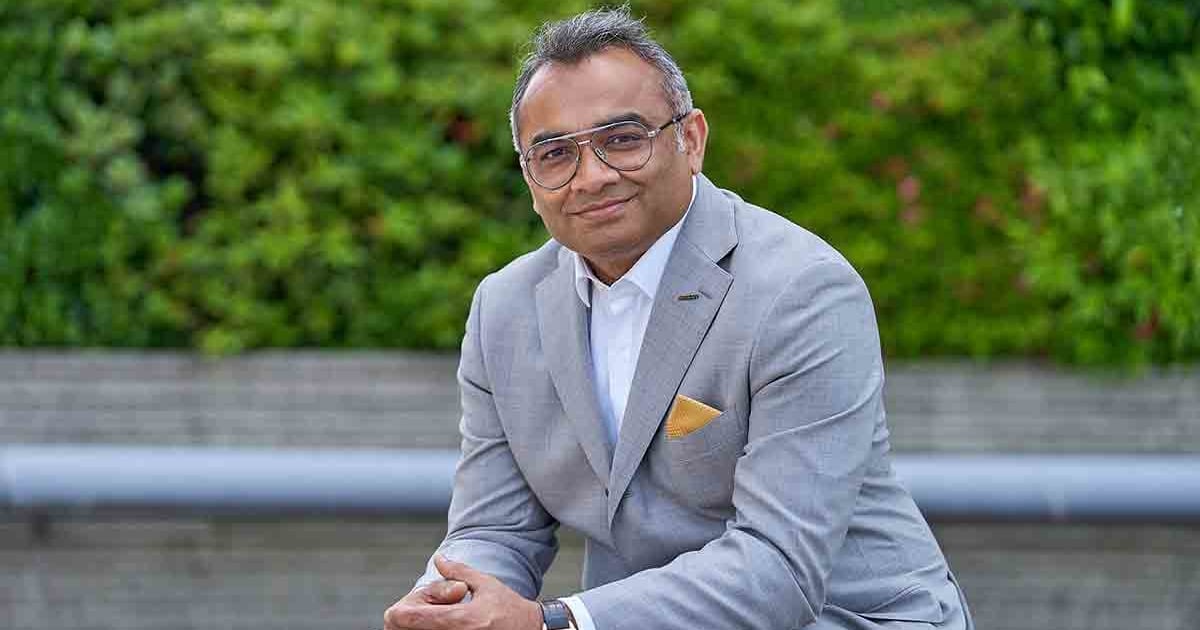
TOKYO – Nissan Motor Co. is bracing for more management upheaval with the departure of COO Ashwani Gupta, the executive who spearheaded the company’s revitalization plan but was sometimes at odds with the carmaker’s CEO, its board and its alliance partner Renault.
Gupta, once tipped as a future chief executive of Japan’s No.3 automaker, will leave Nissan effective June 27 “to pursue other opportunities,” the company said in a June 16 statement.
Nissan holds its annual shareholders’ meeting that day, and the Yokohama-based company said it would announce a new executive lineup, including Gupta’s replacement, then.
Gupta became COO of Nissan in December 2019, amid unprecedented turmoil at the company following the arrest and firing of longtime CEO and Chairman Carlos Ghosn the previous year.
Gupta led a fitful recovery plan, as Nissan’s sales, profit and share price plunged in the wake of Ghosn’s ouster and amid unraveling relations with Renault. While Gupta managed to stabilize profitability, global volume remains far below levels seen in the Ghosn era.
While deliveries were hurt partly by the double whammy of the COVID-19 pandemic and the global semiconductor shortage, slow rollouts of new nameplates such as the Ariya all-electric crossover or rechristened Z sports car dented overall momentum.
Nissan’s stock still languishes nearly 50 percent below its price before Ghosn’s arrest. Toyota Motor Corp.’s, by contrast, has soared 70 percent over the same time frame.
Gupta’s departure follows that of the global head of the Infiniti premium brand in March. Peyman Kargar returned to Renault in France and was replaced this month by Jose Roman.
Gupta, 52, was seen internally as sometimes butting heads with CEO Makoto Uchida, 56, over his ambition to succeed Uchida. What some insiders describe as a veiled rivalry between the two became more apparent over the past year as Nissan negotiated with Renault about rebalancing the cross-shareholdings in the long-standing alliance and investing in Renault’s planned spinoffs.
“Gupta has made it very clear from very early his target was to be No. 1,” said one person close to Nissan’s management. “He has been very transparent about this. But he completed the recovery plan’s financial targets, and we are headed into a new era with a new midterm plan.”
Gupta could not be reached for comment.
Dropped from the board
In May, Gupta was dropped from the board when the company announced its new director candidates. Also dismissed was Masakazu Toyoda, a former Japanese government bureaucrat who was seen by outsiders as a Nissan nationalist dragging his feet on cooperation with Renault.
Some Nissan leaders wanted to solidify support around Uchida for swifter action on the new Renault plan, the person close to management said.
Clearing house of Toyoda, in particular, was seen as one way to sharpen management’s focus on Uchida’s agenda of quickly rebalancing ties with Renault while taking a stake in the French company’s planned spinoff of its electric vehicle business — a venture called Ampere.
Talks on those issues were once envisioned as being completed before the end of 2022.
A basic agreement was announced only in February, and finalized details of the new investment plans are still being hammered out. Uchida has said Nissan needs to move faster and shake up business as usual, as some inside the alliance grow frustrated with the slow pace of change.
‘Multiple internal complaints’
Adding another layer of intrigue, The Financial Times reported that Gupta’s departure comes after the director heading Nissan’s audit committee fielded “multiple internal complaints” against the COO. The newspaper also reported that Uchida and the director put Gupta under surveillance for months in an attempt to collect information that could be used against him.
Two people familiar with the matter confirmed that various allegations and concerns were raised, they but did not provide details about their substance.
In a statement, Nissan said: “Independent third parties have been retained to verify facts and carry on appropriate actions. Hence, we cannot make any further comments on this issue.”